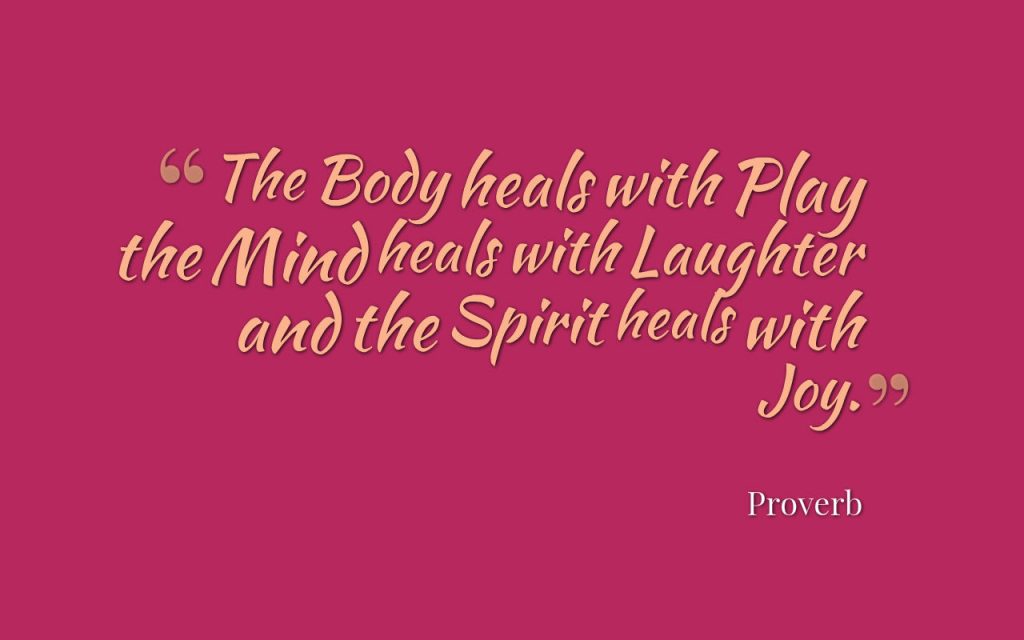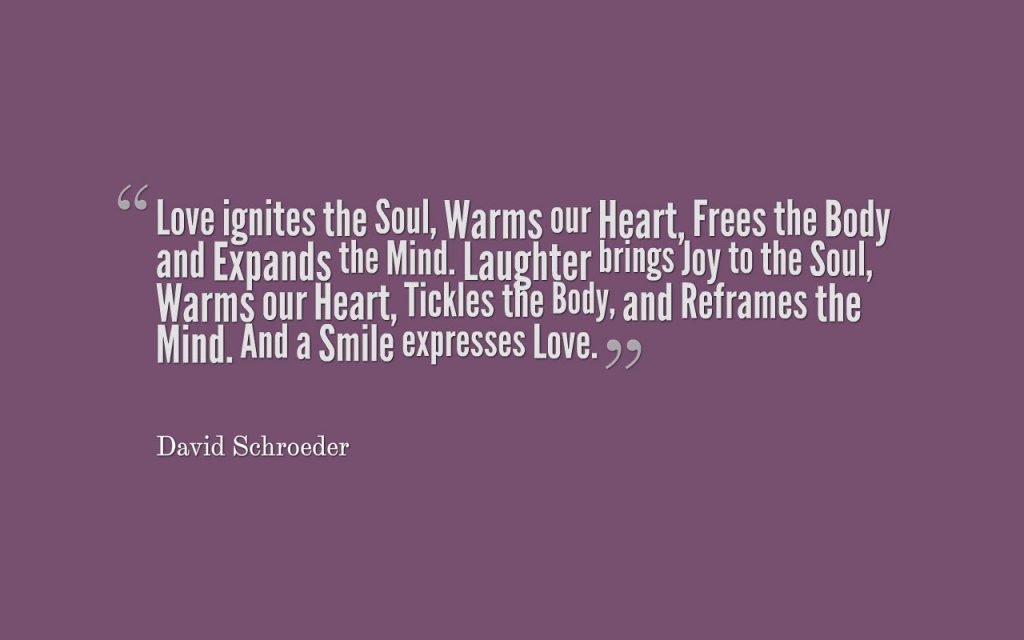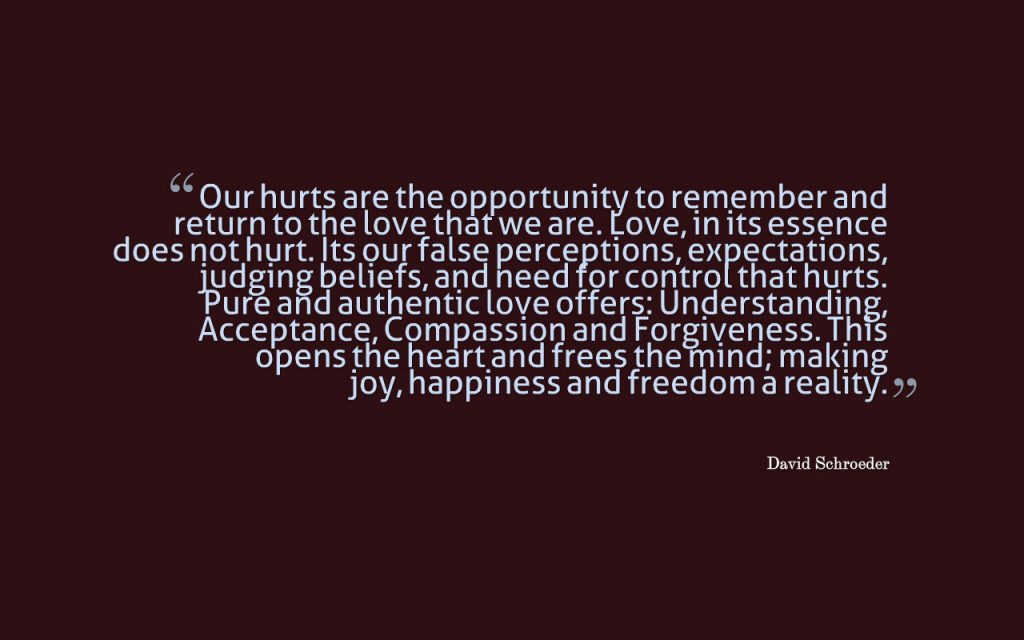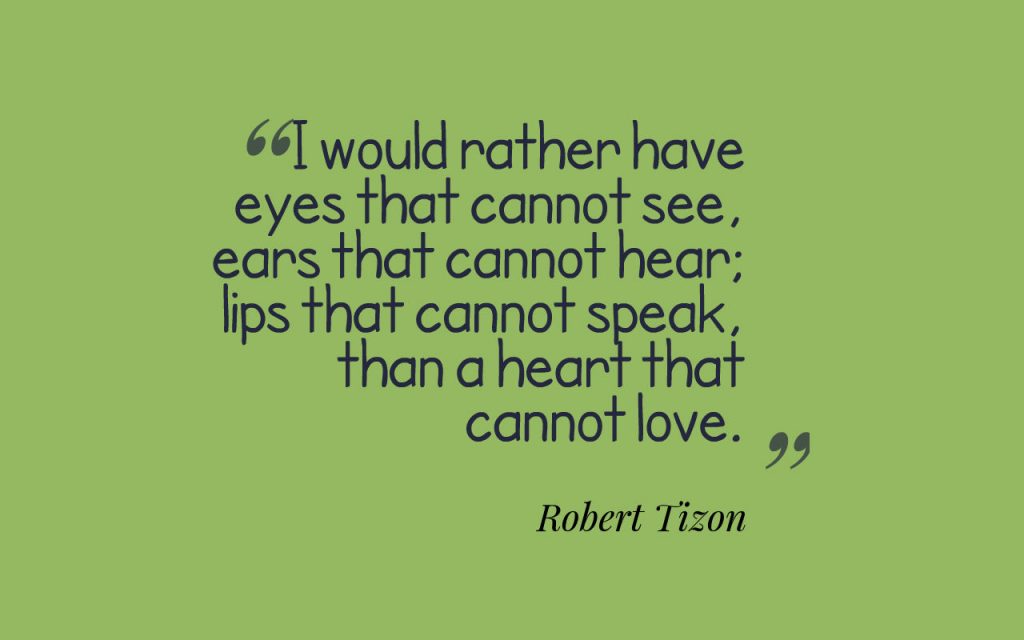As a therapist and life transition coach, most people seek my services, because they are experiencing a life change and are struggling with the transition of this change. An aspect of love is the willingness and ability to move through the transition change creates.
Change comes in a variety of ways. Such as: getting married, birth of a child, a death of a loved one, a partner’s affair, a divorce, job loss or transfer, or a grown child going to college. Some transitions can seem positive on one hand, yet create change and adjustment from our norm. So you may struggle for a time, adapting to “what is” now.
There is a difference between change and transition in the following ways.
- Change happens first and transition occurs due to the change.
- Change can be seen as a shift from a norm, transition is the process of moving from one norm/way of being to another. Transition is the adjustment and adaptations we make from the change.
- Change is usually an external experience, where transition is more of an internal process.
- Change is often more sudden, more visible and tangible. Transition is a slower process, less visible, more intangible.
Change for people can be difficult to accept and move through, both physically and especially emotionally. It’s natural to want the situation and/or person back to how it was (old way). Many people need certainty and to know the outcome, within what has now changed (new way).
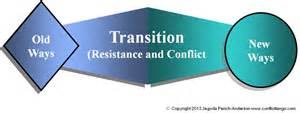 The resistance to change, the need for certainty and the need to know, in the mist of the unknown, are often what causes many people to struggle with change. The need for certainty and control, leads to fear and resistance; creating racing thoughts, and self-created perceptions of negative outcomes.
The resistance to change, the need for certainty and the need to know, in the mist of the unknown, are often what causes many people to struggle with change. The need for certainty and control, leads to fear and resistance; creating racing thoughts, and self-created perceptions of negative outcomes.
This will lead to distributive sleep pattern, drained energy, and little motivation to move forward. The end result can be depression and/or anxiety. We become stuck in the mud of a self-defeated mindset. The process of transition has now become more difficult and overwhelming.
For a time, some of this is all normal and part of our process transitioning through change. It’s important, however, not to get stuck emotionally and physically for too long.
The longer we chose to stay in the emotional and physical fear, avoidance and resistance, the more unhealthy and unproductive power and control we give to the resistance and uncertainty of transition; this does little to change our perception, process and reality to the change.
Human nature is such that when things change, we tend to focuses more on what we believe we will lose or need to give up. Healthy transition through change, one should focus more on what will be the benefits and gains of this process.
These two key Steps begin the process of transition through change: Moving you from struggle to opportunity.
- Accept the things I cannot change: This is the first part of the Serenity Prayer from Alcohol Anonymous aa.org. This prayer or principle I believe, applies to all of us when we experience a change in life. There are many experiences in your life you cannot change, and you may feel and believe you are powerless and helpless because of this. You feel like choices/options have been taken away.The second part of the prayer says: The courage to change the things I can. The reality is, in life situations, the only thing you can really change is yourself. You change, by changing your perception, thoughts, belief and attitude. It takes acceptance, courage and willingness to change from within.
The good news and opportunity of this is ‒ there is much inner power and transformation that takes place with the act of acceptance. Acceptance is extremely difficult for many people, yet its incredibility liberating when you allow it to happen within you. Acceptance helps you to focus on the benefits of transition through change, not what you believe will need to be given up or lost in the process.
To have the willingness and ability to accept what you cannot change, and change what you can; is the fundamental way to begin to change, and reclaim your inner power and determination to move forward. Acceptance is an act of self-love, and a moving forward energy. It acknowledges and accepts “what is.”
The process of acceptance, doesn’t mean you like what’s changed, rather you recognize that resisting the change only creates more struggle and pain. With acceptance you create an opening to begin to change from within, with regard to what’s change in your life.
This process helps you begin to gain power in a different way. You see it was your own misguided perception and belief around the difficult situation, which really gave your power away. It wasn’t actually the situation/experience itself. True power and moving through transitions happens when we change from the inside-out. Acceptance is the beginning of changing from the inside-out.
- See the experience and the required process of transition as an Opportunity: If you are resisting the change, you’re likely seeing the change as a threat and the enemy. It’s something to deny, blame, and escape from. These are the mindsets and ways of our fragile and wounded self. This part of us wants to numb the pain and have someone else make it better/or back the way it was.
It’s important to see and ask yourself: How are my perceptions and beliefs helping me move through this change? What is my pain and resistance reinforcing in me, that keeps me in this state of suffering? Often in difficult times of change we become our worst critic and enemy, rather than a best friend and ally.When you are ready and able, it’s important to see the change, as the teacher and opportunity. Yes, transitions through difficult times, offer you the opportunity for learning and growth. The process of creation, birth and growth begins in the darkness and the struggle.
The natural world teaches us the importance of the struggle. Take for example, of how the caterpillar transforms into the butterfly, from the struggle within the cocoon. For without the struggle, how would you learn, find a higher meaning to your experience, and grow?
Life is not meant to be easy, it’s meant to be meaningful. When you change your view of the situation, you create the higher meaning of your circumstance, and this allows for the opportunity to transition and transform yourself in empowering ways.
When you alter your thoughts and view of the change, you reduce your fear, your resistance and struggle around the uncertainty. Dr. Wayne Dyer said: “Change your thoughts and you change your world.”
Change and the process of transition, calls us to be open and willing to reframe our belief and choices around the situation; this is how we learn and grow from the difficult and painful experience.
Although change can seem scary and threatening, the true intent of life experiences, especially the difficult and painful ones, is to help us heal, grow wiser, and become more accepting and loving human beings, both to ourselves and with others. Accepting that life is impermanent, that things change, helps you realize, life is about change, and learning to transition‒ adjust and adapt.
Being Honest, Open and Willing, especially with yourself, is part of the HOW to accept the unacceptable, and begin the journey of transitioning from what was‒to what can be.
Want to learn more about love and transition check out my book: Just Be Love: Messages on the Spiritual and Human Journey, which is available for purchase through the publisher: Global Summit House email: infoglobalsummithouse.com and Amazon.com. If you would like an autograph copy of his book, contact David by email: [email protected]
Are you struggling with moving through a change in your life? Please contact David Schroeder, if you would like assistance with moving through a life change and how to work the process of transition. David offers life transition counseling and coaching session’s in-person, by phone or Skype. Visit his website at transitionpathways.com. Asking for help is not a sign of weakness. It’s a sign of strength, a healthy and assertive way to help yourself transition through change.




